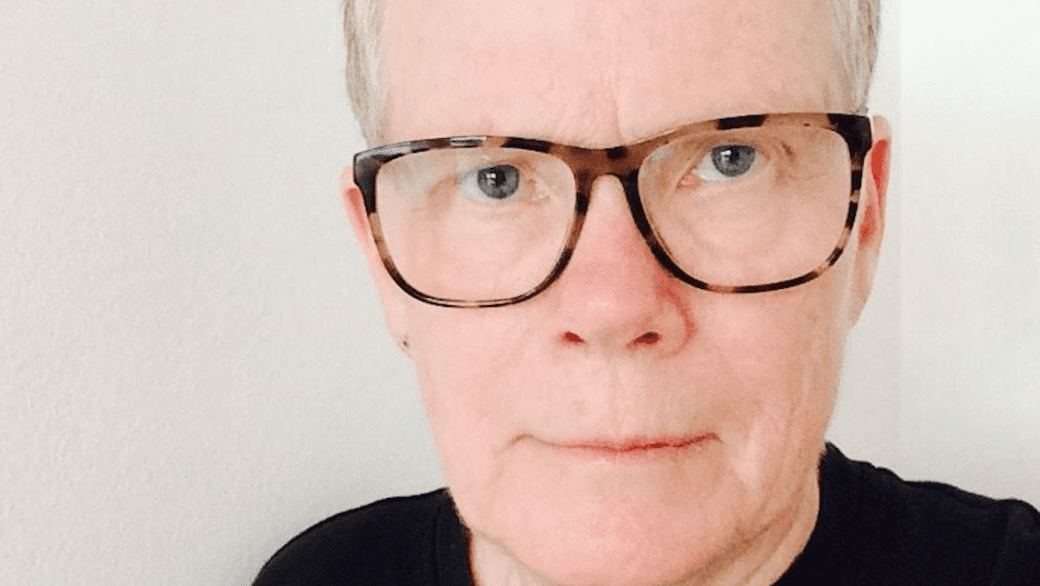Betsy Warland began writing in university out of desperation. “I think it’s often that way, that people start writing out of something that really pushes them,” Warland says at a talk on queer writing in Reykjavík, Iceland July 15, 2016. “In fact, I think it’s always that way.”
Warland is in Reykjavík winding up a tour for her latest book, Oscar of Between, a memoir that chronicles the ways she identifies as a “person of in-between.” The book is her 12th in a career spanning three decades and many more genres, from creative non-fiction to erotic poetry, making Warland one of Canada’s most prolific and important queer writers.
Oscar of Between follows Warland around the world, from her home in Vancouver, to Montreal, Berlin and beyond. Along the way, she adopts the name “Oscar,” and uses this identity as a device to examine how queerness can transcend categorization geographically and linguistically. She concludes that writing can be a source of comfort and belonging for queer people.
“This is our homeland,” Warland says as she holds up a blank sheet of paper to her audience in Reykjavík, to smiles and nods. “Where I grew up, which was a very conservative Norwegian Lutheran rural community in the United States, I literally had to leave,” Warland explains.
“So [writing] has become my homeland, because it always welcomes me, it challenges me, it connects me with other people, it’s always there.”
Ásta Kristín Benediksdóttir, a literary scholar at the University of Iceland who hosted the event, describes a similar experience of finding comfort in writing. “I had this weird experience where I never wrote anything in my life, and then I was dealing with different and difficult things,” she explains. “And then, all of a sudden, I had to write poems.”
In the beginning, Warland says, there weren’t many examples of other queer writers to look up to. In fact, Warland and her former partner, Daphne Marlatt, broke new ground in 1984 when they published the first tandem collection of lesbian erotic poetry. “Can you imagine being a heterosexual and only ever having two books about erotic love available to you?” she asks.
There were also few spaces for Warland to share her early writings. “I’ve created most of my supportive environments myself throughout my whole writing life, because I had to,” she says. For people who are beginning to write, queer or otherwise, Warland says it’s important to find peers who can be trusted to read and give feedback on your work.
This realization was particularly valuable in Iceland, where there aren’t as many queer writers as in Canada. “That’s not necessarily because people don’t write,” Benediksdóttir says. “It’s maybe because they don’t have as many texts that can influence them, or maybe they just don’t feel comfortable enough to get them published.”
Benediksdóttir has been a driving force encouraging more queer Icelanders to share their writing. She also sits on the board of Reykjavík Pride, which for the first time this year will hold a poetry competition during the pride festival. “We need to take risks,” Benediksdóttir says. “We need to gather and do something.”
Regardless of geography, whether in Canada or Iceland, queer writers are turning to the blank page as their homeland. But more than that, Warland insists on the importance of spaces for queer writers to share their writing. “Because we’ve been the ‘other’ in many ways, we have something really important to offer society,” she says. “And it’s something that can’t be offered from any other place.”
Editor’s note, Aug 29, 2016: An earlier version of this story misspelled Betsy Warland’s former partner’s name as Daphne Barlatt. The correct spelling is Daphne Marlatt.


 Why you can trust Xtra
Why you can trust Xtra


